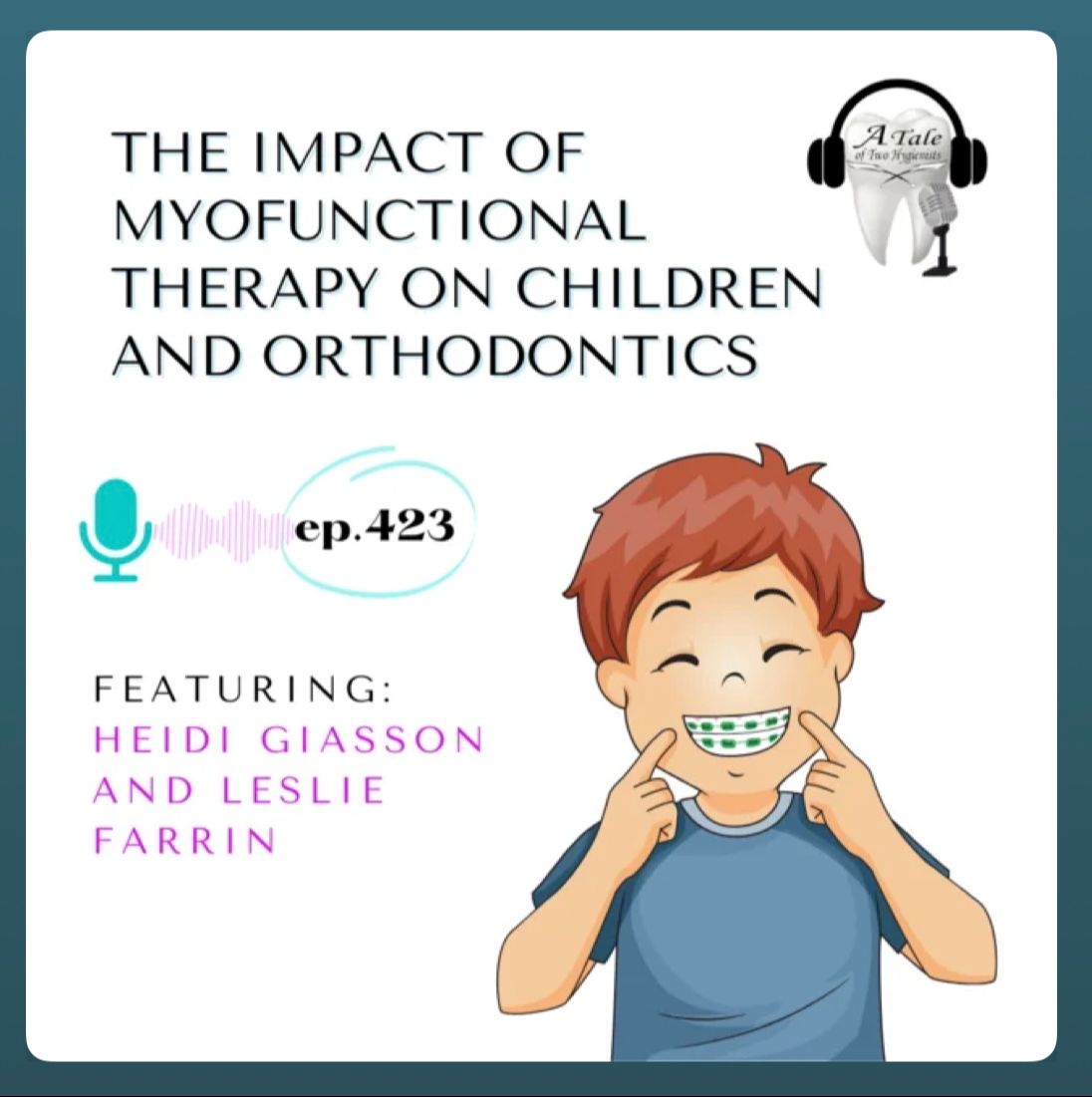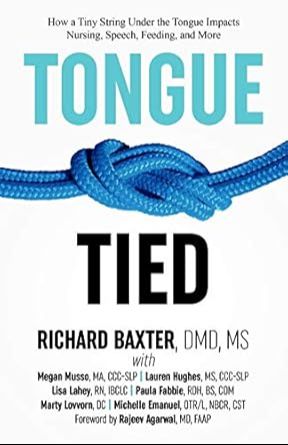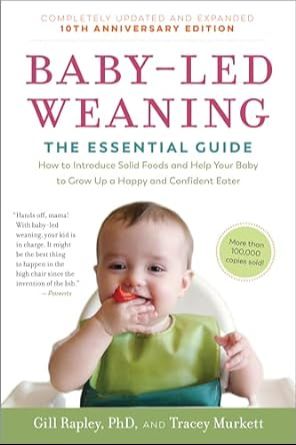Resources Page
How Tongue Mobility Changes Face And Jaw Development
AUTHORS: AJ Yoon | S Zaghi | S Ha | CS Law | C Guilleminault | SY Liu
HIGHLIGHTS: We eat and speak with them, but our tongues may be even more important than we think. In a condition called ankyloglossia, also known as tongue-tie, the tongue is tethered more tightly than normal to the bottom of the mouth by the lingual frenulum. While this is usually considered relatively harmless, new work from dental and sleep experts at UCLA and Stanford suggests tongue mobility is critical for proper development of the jaw and facial tissues … In the study, researchers evaluated tongue mobility in 302 patients using the Tongue Range of Motion Ratio and the Kotlow free tongue measurement. All measurements were performed in triplicate to ensure consistency and accuracy. Each participant also had dental casts made and X-rays taken to capture anatomical features of the teeth, mouth, and face.
Date Published: September 20, 2019
Read More HereLingual And Maxillary Labial Frenuloplasty With Myofunctional Therapy As A Treatment For Mouth Breathing And Snoring
AUTHORS: Chirag Govardhan | Janine Murdock | Leyli Norouz-Knutsen | Sanda Valcu-Pinkerton | Soroush Zaghi
HIGHLIGHTS: Chronic mouth breathing may adversely affect craniofacial development in children and may result in anatomical changes that directly impact the stability and collapsibility of the upper airway during sleep. Mouth breathing is a multifactorial problem that can be attributed to structural, functional, and neurological etiologies, which are not all mutually exclusive. While therapeutic interventions (myofunctional, speech and swallowing, occupational, and craniosacral therapy) may address the functional and behavioral factors that contribute to mouth breathing, progress may sometimes be limited by restrictive lingual and labial frenum that interfere with tongue and lip mobility. This case report explores the case of a three-year-old girl with mouth breathing, snoring, noisy breathing, and oral phase dysphagia that was successfully treated with lingual and labial frenuloplasty as an adjunct to myofunctional therapy. Within four days of the procedure, the patient had stopped snoring and demonstrated complete resolution of open mouth breathing.
Date Published: March 10, 2019
Read More HereSpeech Production In Young Children With Tongue-Tie
AUTHORS: Holly Salt | Mary Claessena | Timothy Johnsto | Sharon Smart
HIGHLIGHTS: Tongue-tie, or ankyloglossia, occurs in 4–10% of the population. Treatment of tongue-tie has increased by 420% in Australia between 2006 and 2016 and 866% in the United States between 1997 and 2012. Despite limited evidence, it has been suggested that tongue-tie can result in speech sound disorder (SSD). This study aimed to investigate tongue mobility and speech production outcomes in children with and without tongue-tie diagnoses.
Date Published: July 2020
Read More HerePodcasts We Have Been Featured On

Intro to Myo with Leslie Farrin and Heidi Giasson
Welcome to the first part of the Myofunctional Therapy Series of 2024. Heidi Giasson and Leslie Farrin join me to lay down the baseline conversation about this space.

Myofunctional Therapy for Babies: Early Intervention and Screening Techniques Part 1
Today is an interesting discussion because it is foundational to everything that we see as dental professionals. We are talking myofunctional therapy but with babies.

Therapy for Babies: Early Intervention and Screening Techniques Part 2
Today is an interesting discussion because it is foundational to everything that we see as dental professionals. We are talking myofunctional therapy but with babies.

Myofunctional Therapy's Impact on Children and Orthodontics
We continue our myofunctional therapy series this month with a focus on children. Heidi Giasson and Leslie Farrin return to talk about screening and assessing, treatment, unique cases, nasal breathing and so much more.

Myofunctional Therapy and Chiropractic Care for Adults
We dive into the last part of our Myofunctional Therapy series today and examine the role of interdisciplinary care with our chiropractic colleague Dr. Andrea Smith.





